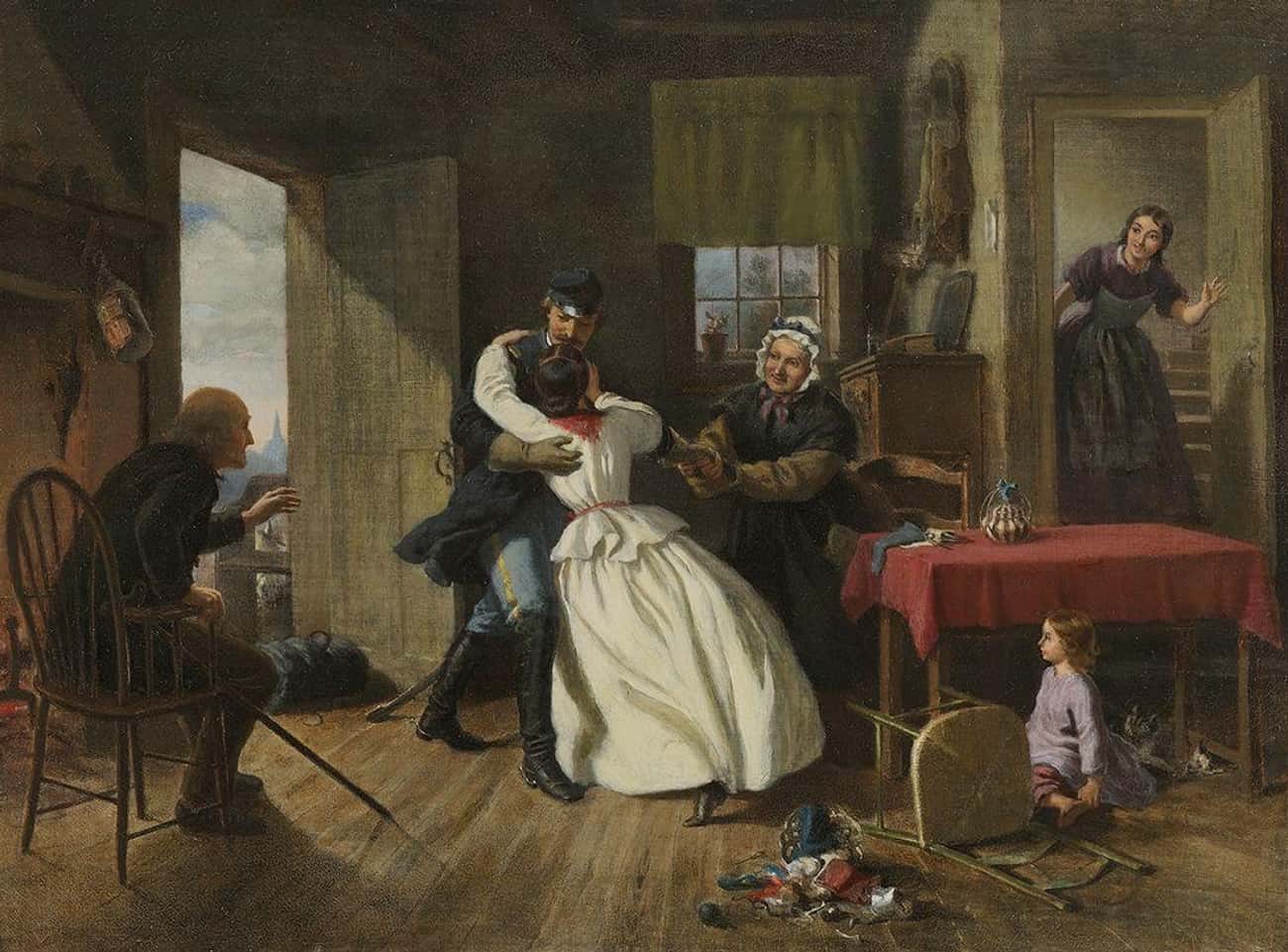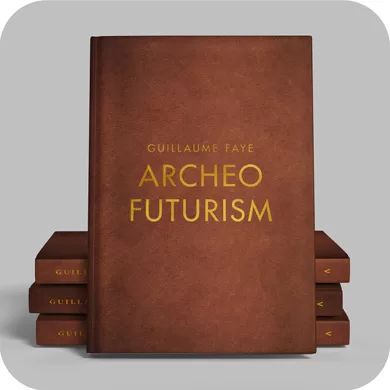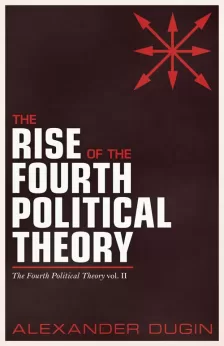A recent video, on veterans of the American Civil War, cast into sharp relief the preoccupations of our age. If only, the video argued, people had understood PTSD, and an army of psychotherapists with ready prescriptions had been on hand, much human suffering would have been ameliorated. It is typical of a time that views everything in narrowly scientific terms, as though the solution to human happiness is only a misfiring neural transmitter away, as beforehand it was only a couch session with Freud away. The suicide of many of Freud’s first crop of psychoanalysis should put paid to the latter, and the recent discovery that SSRI medication is not the holy grail should do the same for the former. As we learn and relearn, shortcuts in life often lead to narrow gullies and sharp cliffs. To live is to suffer, and as Nicolás Gómez Dávila put it, “an irreligious society cannot stand the truth about the human condition. It prefers a lie, however idiotic it may be.”
The problem is the narrow scientism of our age, a viewpoint impossible to escape as empirical science has won so many victories in the last century and a half. This is not a novel observation. Wittgenstein loathed scientism, and Austin Hughes suggested that
The temptation to overreach, however, seems increasingly indulged today in discussions about science. Both in the work of professional philosophers and in popular writings by natural scientists, it is frequently claimed that natural science does or soon will constitute the entire domain of truth.
This is not to suggest that the scientific method — which amounts to the application of natural law — is a waste of time, as many who oppose the current zeitgeist, in foolish haste, might suggest. Scepticism of modern science is often conflated with scepticism of the modern project, which are different if mutually connected phenomena. We ought merely note its limitations, limitations pointed out long ago by the likes of Huxley. When physicalism intrudes into other realms — the mysteries of consciousness, of God, of moral law, those things that literature and philosophy reflect far better — it oversteps its remit. Science might be subject to truth, but truth does not always appear to be subject to science.
Part of the scientisation of our inner lives is reflected in the video, which talked at length about the travails of war veterans who suffered the usual malady of problems. Cardiac and gastric problems, increased tuberculosis, insanity and institutionalisation, habitual criminality, rampant alcoholism, men who went mad with pistols, and of course, bigots who couldn’t grasp that the age of slavery had passed. We are very close to making all of the above entirely matters of medical science, which should make anybody pause, because what is good for the goose is not always good for the gander. It might be a meme to cry Orwell whenever we see the pathologisation of every human thought, as though drug addiction and kidney stones occupy the same category, but the truth is that human agency is a difficult thing to quantify, as people are infrequently honest, even with themselves. C. S. Lewis wrote that the desire to rehabilitate has no limits, unlike the desire to punish, and if we concede that a man has little or no agency, then we can rehabilitate him to death. Somewhere between total agency and its exact opposite lies the human condition, and long may it last; into this tragic tapestry is woven all the dimensions of our existence. Being peripatetics about everything means always looking downward for answers, and never elevating our thoughts. We are not robots, though scientism and the worst determinist philosophies would make us so. Nobody can love a robot, not even the robot itself.
The video lamented that the obvious psychological distress of those Civil War veterans was then characterised almost entirely as a moral problem rather than a mental one. Today, we do the opposite; all problems are mental and only a few special peculiarities are picked out to occupy the domain of moral facts. This is why the various courts in Australia see fit to criminalise a certain sort of salute, and prosecute to the fullest extent those who make it, but are happy to allow violent offenders, in the throes of drug addiction, a second chance. One is entirely mental, and thus not their fault; the other is entirely political, and thus inherently moral. The line between the two, like that of human agency itself, is blurred and difficult to tell, but few who willingly become addicted to drugs were likely moral paragons beforehand. It appears the purpose of the law is neither exclusively to rehabilitate nor punish, but shapeshifts depending on the case at hand. Aristotle might have said the man intoxicated is twice responsible, but in today’s age to commit a crime while in command of your faculties is to double your answerability.
The desire to pathologise everything betrays a conceit at the heart of superficially meritocratic, individualistic societies; that every success and equally every failure is entirely one’s fault. The rise of mental health, and the associated industry that has grown fat on our thinking, serves as a pressure-release gauge for failure, because there’s a great deal of ruin in every person. The sheer burden of everything being on us, all the time, has done as much to atomise our world as labour relations. There is also the Werther effect, which has propagated the delights of mental illness far and wide, so much so many zoomers struggle to leave the house. If this is the only way to relieve the crippling weight of total expectation within a milieu that cannot generate courage or heroism, then so be it; sometimes descending into feigned multiple personalities is the easier road.
Of course our ancestors were not ignorant of what today we call PTSD; they had, if anything, a better understanding of life than we manage today, despite our litanies of peer-reviewed papers and obsession with educational credentials. Information is not wisdom, obviously. As Aeschylus tells it,
He who learns must suffer. And even in our sleep pain that cannot forget falls drop by drop upon the heart, and in our own despair, against our will, comes wisdom to us by the awful grace of God.
Suffering in their time was not limited to death in battle and cannon-fire; people died to things that today we regard as minor inconveniences. Life was hard, families and communities tight, faith omnipresent, and despair enjoyed a pre-postmodern transcendence. This is what a genuine ontology of life and death will do for you, as an individual and as a collective. We have more to learn from them than we can dream of teaching them. The pathologisation and scientisation of contemporary life embodies another of Nicolás Gómez Dávila’s many aphorisms, that “modern man lives on the ground floor of his soul.”









